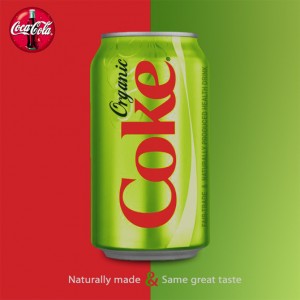The latest on the meat front
In case you were wondering how come Bill Niman is no longer associated with Niman Ranch meats, yesterday’s San Francisco Chronicle explains the whole sad story, one framed by the writer as a matter of idealism vs. economic realities.
Perhaps coincidentally, Nicolette Hahn Niman’s new book, Righteous Porkchop, is just out. This is a thoughtful and affecting memoir of her version of the events–her background as an activist lawyer, her romance with Bill, and their work together. I blurbed it, pointing out that it should establish her as an independent national voice for efforts to reform industrial animal production.
I also blurbed Betty Fussell’s entertainingly researched cultural history of American beef, Raising Steaks. If you want to know what the fuss about humanely and sustainably raised meat is about, these books are a great starting point.



